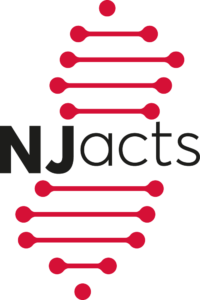 Please read Dr. Aleksunes’ article in Antimicrobial Chemotherapy titled, “Renoprotective Effects of Melatonin against Vancomycin-Related Acute Kidney Injury in Hospitalized Patients: a Retrospective Cohort Study.“
Please read Dr. Aleksunes’ article in Antimicrobial Chemotherapy titled, “Renoprotective Effects of Melatonin against Vancomycin-Related Acute Kidney Injury in Hospitalized Patients: a Retrospective Cohort Study.“
Vancomycin was introduced into clinical practice in 1956 as a first line of invasive treatment for Gram-positive infections. Vancomycin is a glycopeptide antibiotic effective against Gram-positive infections, including methicillin-resistant Staphylococcus aureus (MRSA). In many severe MRSA infections, vancomycin dose adjustment is recommended to achieve an area under the curve (AUC)/MIC ratio for better response. However, vancomycin causes acute kidney injury (AKI) with prolonged and higher doses. Initially, the nephrotoxicity and ototoxicity were attributed to the earlier formulations of vancomycin, which contained product impurities and were termed “Mississippi mud”. Despite formulation improvements, the reported incidence of AKI with vancomycin use ranges between 5% and 43%, based on the dose and duration of therapy. In a recent study, approximately 9% of hospitalized patients with acute bacterial skin and skin structure infections, a population with a relatively low risk of AKI, treated with vancomycin developed AKI. Furthermore, each additional day of vancomycin therapy beyond 72 h was associated with a 14%-increased risk of AKI, with a >2-fold-higher risk with treatment durations exceeding 7 days. To read the full article.
Renoprotective Effects of Melatonin against Vancomycin-Related Acute Kidney Injury in Hospitalized Patients: a Retrospective Cohort Study. Hong TS, Briscese K, Yuan M, Deshpande K, Aleksunes LM, Brunetti L. Antimicrob Agents Chemother. 2021 Aug 17;65(9):e0046221. PMID: 34152824 PMCID: PMC8370200 DOI: 1128/AAC.00462-21 Epub 2021 Aug 17
